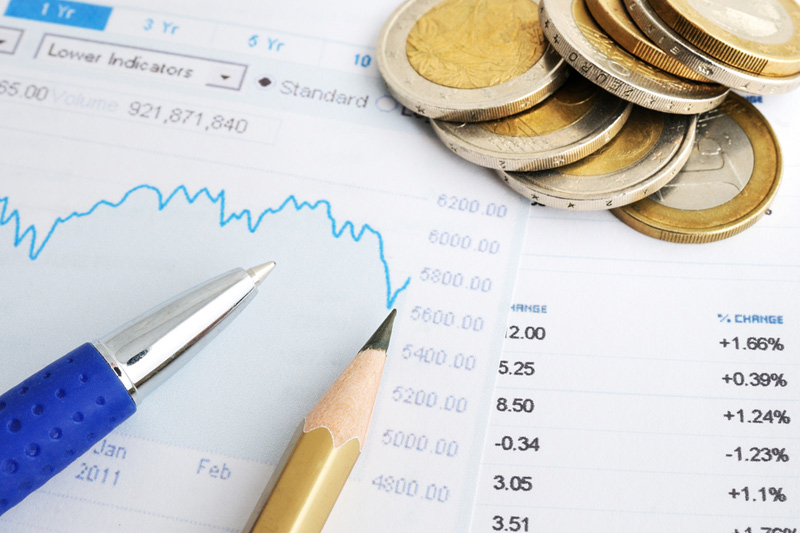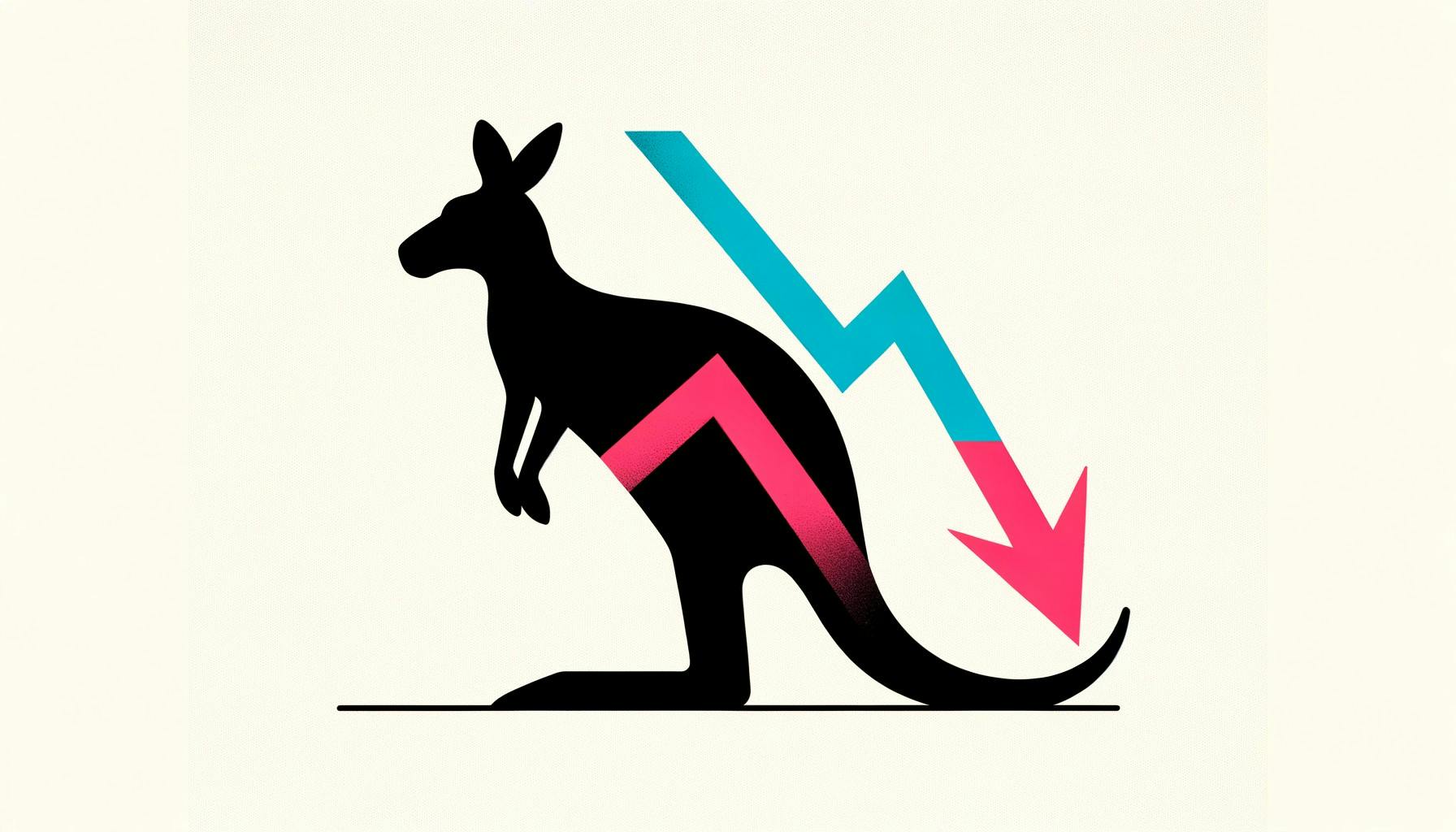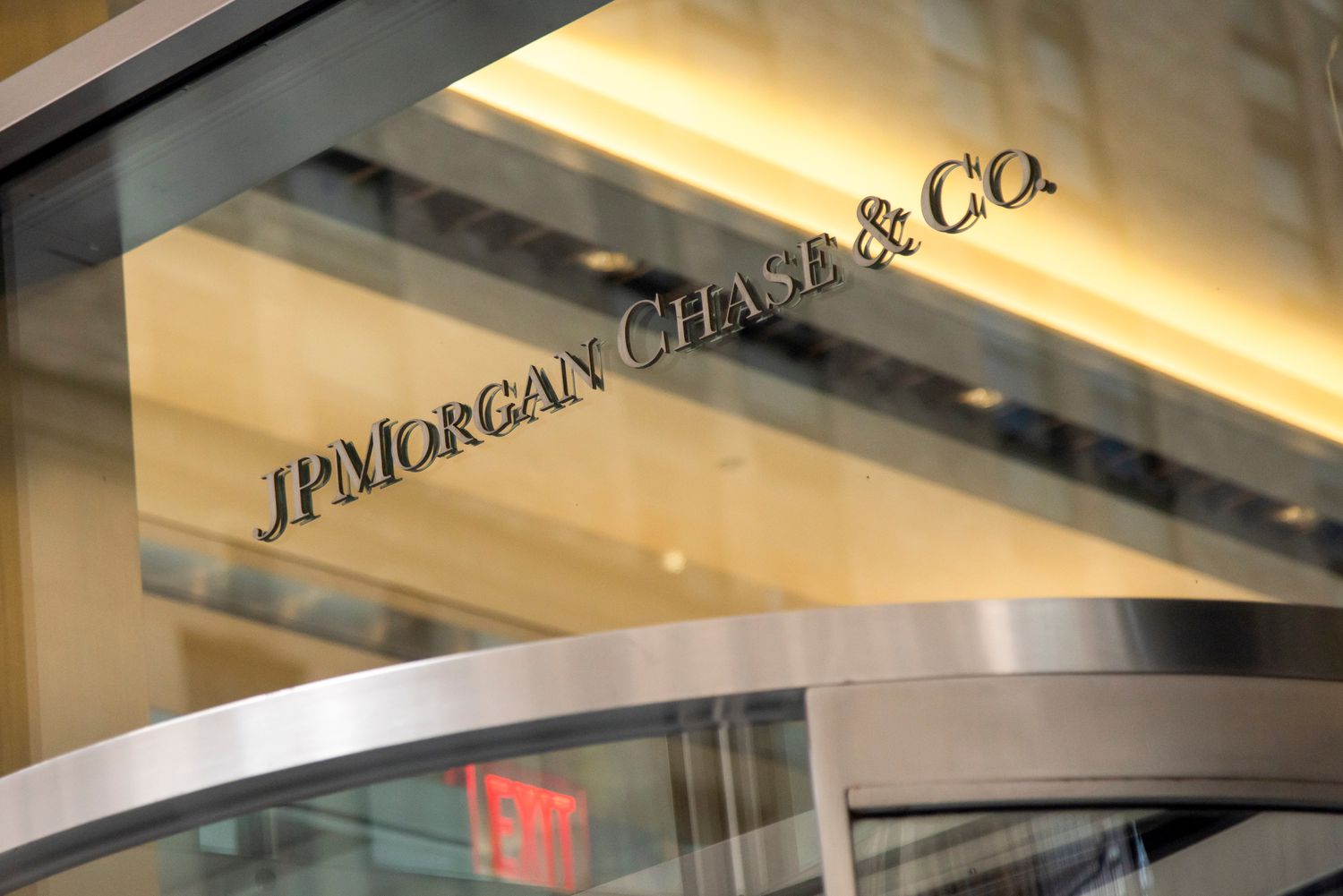By Andy Bruce and Suban Abdulla
(Reuters) -Britain’s economy shrank for a second month in a row in October in the run-up to the government’s first budget, the first back-to-back falls in output since the onset of the COVID-19 pandemic, and a setback for new finance minister Rachel Reeves.
Gross domestic product contracted by 0.1% month-on-month in October, as it did in September, the Office for National Statistics said.
It was the first consecutive drop in monthly GDP – which is volatile and prone to revision – since March and April 2020, when Britain enforced its first coronavirus lockdown.
Economists polled by Reuters had forecast a monthly expansion of 0.1%.
The ONS said there was “mixed” anecdotal evidence from companies that turnover had been affected by companies waiting for the budget statement, which imposed large tax rises on businesses. Others brought forward activity.
The services sector flatlined, while output in the manufacturing and construction industries declined in October’s data, which measured the economy in the weeks before Reeves’ budget statement on Oct. 30.
Reeves and Prime Minister Keir Starmer – who made stronger economic growth the centrepiece of the Labour Party’s election campaign this year – had warned that the budget would include painful tax increases.
Friday’s data adds to a run of worse-than-expected figures for Britain’s economy, with business surveys and retail sales readings also falling flat.
“While the figures this month are disappointing, we have put in place policies to deliver long-term economic growth,” Reeves said in a statement.
The opposition Conservatives said the growth outlook was under serious pressure because of Labour’s first moves in power.
“It is no wonder businesses are sounding the alarm,” the Conservatives’ spokesman on the economy, Mel Stride, said. “This fall in growth shows the stark impact of the Chancellor’s decisions and continually talking down the economy.”
The National Institute of Economic and Social Research, a leading think tank, said it expected the economy would stagnate in the fourth quarter of 2024.
Most forecasters think the budget’s boost to public investment and spending will yield faster economic growth in 2025, although business groups say employers will struggle with higher social security contributions.
Confidence among consumers rose modestly in December, in a survey published on Friday, offering Reeves a crumb of comfort after a torrent of glum business surveys.
Sterling fell by more than a third of a cent against the U.S. dollar after the GDP data before recovering partially. Investors continued to price in around three quarter-point cuts in Bank of England interest rates by the end of next year.
Paul Dales, chief UK economist at consultancy Capital Economics, said the BoE was unlikely to be sufficiently worried about the GDP data to cut rates at its meeting on Thursday.
“That said, we’re not as confident about that as we were before this data release,” he added.
Last month, the BoE trimmed its annual growth forecast for 2024 to 1% from 1.25% but predicted a stronger 2025 with 1.5% growth, reflecting a short-term boost to the economy from Reeves’ budget.
Britain’s economic output has grown slowly since the pandemic. Only Germany, which was also hit hard by surging energy costs after Russia’s invasion of Ukraine, has done noticeably worse among the largest advanced economies.
Separate ONS trade data showed imports and exports of goods fell in October. Exports to the European Union were higher than exports to the rest of the world for the first time in nearly a year.












Leave a Reply